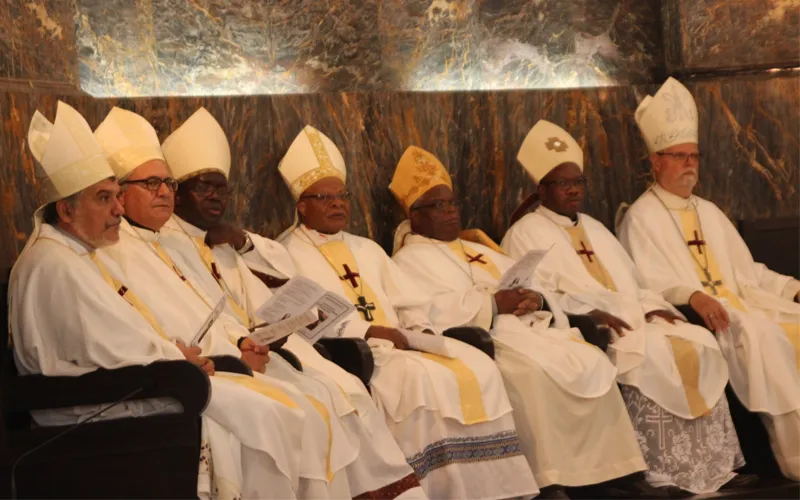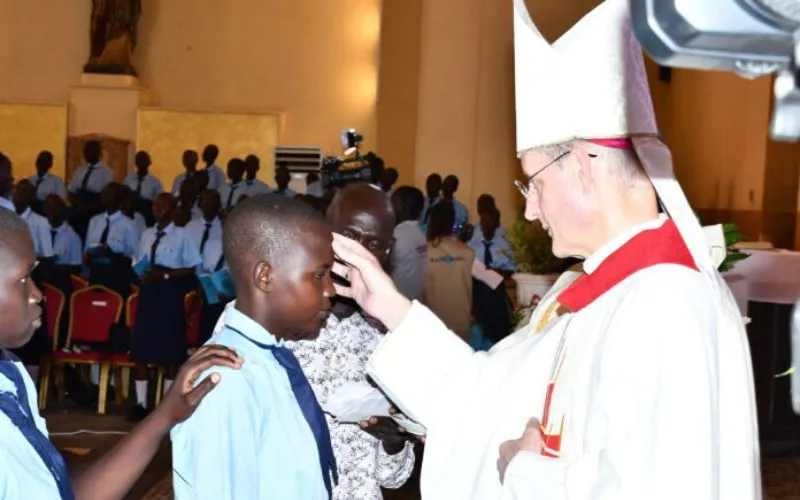Cabo Delgado, 19 April, 2021 / 6:35 pm (ACI Africa).
Members of the Episcopal Conference of Mozambique (CEM) have expressed their solidarity with all those affected by the violence in the Province of Cabo Delgado within the Catholic Diocese of Pemba and “yearn for a dignified life.”
In their collective statement issued April 16, the Catholic Bishops in Mozambique condemn the ongoing insurgency and express “total solidarity with the weak and with young people who yearn for a dignified life.”
“We, the Catholic Bishops of Mozambique, with our hearts full of sadness, like all Mozambican citizens who identify with the good of the country, deplore the tragic situation that the population of Cabo Delgado is living,” CEM members lament.
The Cabo Delgado Province has been the scene of attacks by armed groups claiming allegiance to ISIS since October 2017. The attacks have resulted in a humanitarian crisis of far reaching proportions.
Last month, Islamist militants reportedly attacked the town of Palma in Cabo Delgado Province near the major gas project run by the French energy giant, Total, with witnesses saying they saw casualties in streets following the attack, according to multiple media reports.








